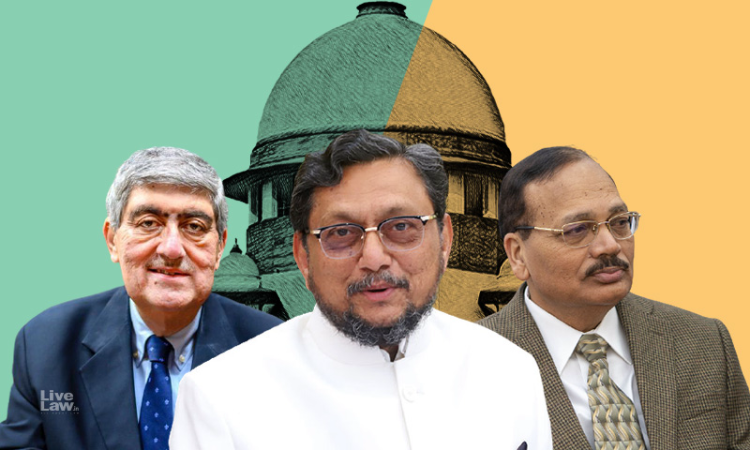The Central Government on Thursday told the Supreme Court that the appointment of additional judges on ad-hoc basis in High Courts under Article 224A of the Constitution can be done only after the filling up of regular vacancies of judges.This submission was made by Additional Solicitor General of India RS Suri before a bench comprising CJI SA Bobde, Justices S K Kaul and Surya Kant. The...

